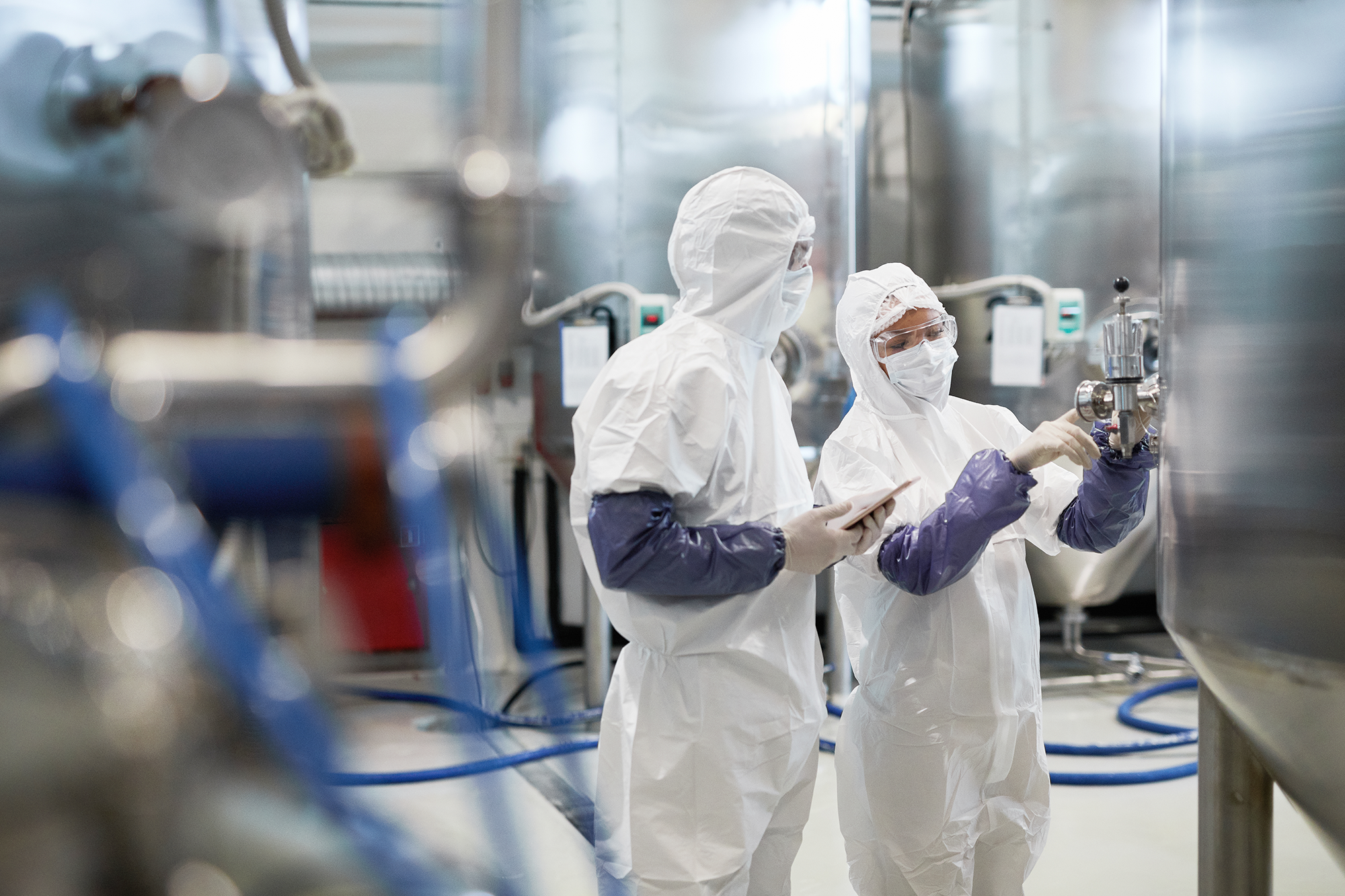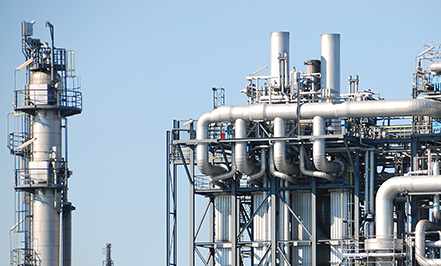Achieving precise methanol control for process optimization
In the production of gasoline additives, controlling methanol injection volume is a critical factor in maintaining product quality. Traditional methods rely on manual sampling and offline analysis, a process that takes hours and prevents real-time adjustments. This delay not only limits operational flexibility but also increases the risk of product deviation. An accurate, predictive approach was needed to estimate methanol residuals and enable real-time dosage control.
AI model development for methanol residue prediction using time-series data
In the production of gasoline additives, controlling methanol injection volume is a critical factor in maintaining product quality. Traditional methods rely on manual sampling and offline analysis, a process that takes hours and prevents real-time adjustments. This delay not only limits operational flexibility but also increases the risk of product deviation. An accurate, predictive approach was needed to estimate methanol residuals and enable real-time dosage control.
Real-time prediction enables faster sampling and analysis
The AI model now predicts methanol residue levels in real time using only sensor data, eliminating the need for manual sampling and offline analysis. Engineers can instantly adjust methanol injection volumes, improving efficiency and maintaining stable product quality. By revealing the quantitative relationship between methanol residuals and equipment temperature, the model replaces intuition with data-driven decision-making—establishing a foundation for continuous process optimization.




